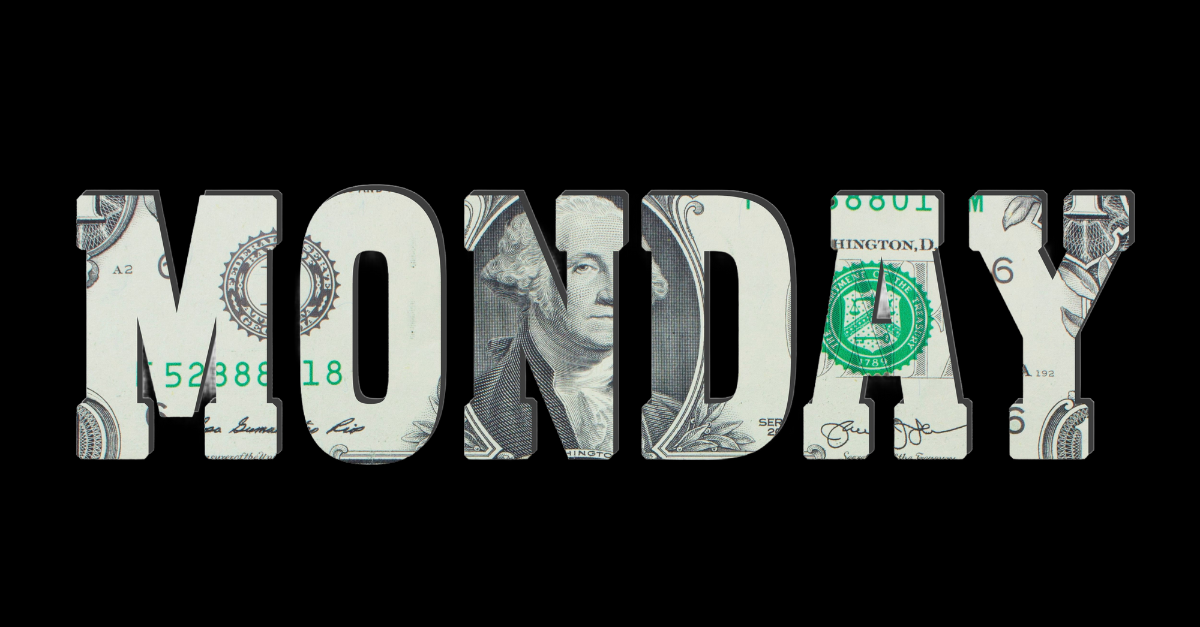
Let Your Creative Ideas Marinate – Like Fine Food
Written By: Robyn Davis
If you don’t invest the time and effort in your projects, you will not enjoy exceptional results. Doesn’t your business deserve the most impressive product possible?
Have you ever made spaghetti sauce from scratch for a special night in? If you have (and I don’t mean pouring pre-made sauce out of a jar, heating it up, and adding some parsley to the top), then you know an all day process is required to achieve the perfect mix. After preparing the core ingredients, they have to be added to your pot in layers along with the appropriate seasonings.
Then, as the saying goes, “a watched pot never boils,” so don’t expect the vegetables to soften or the flavors to meld together any quicker just because you’re standing in front of the stove and it’s almost dinnertime…
That’s not to say you couldn’t complete this process more quickly (after all, you probably don’t need a gourmet quality meal every night; so you could just microwave the veggies or season more liberally to compensate for the lack of time contributed to this process). However, in that case, you will also have to accept it when your final product is less impressive than it could have been.
This isn’t only true in the kitchen; the same trade off can also be found in creative projects. If you don’t invest the time and effort in your projects, you will not enjoy exceptional results. Take an extra minute to let it sink in.
If you start an important project at the last minute, you will not have the time to obtain the distance (which provides the perspective) necessary to improve past your initial ideas. Doesn’t your business deserve the most impressive product possible?
Are you writing your next series of educational articles for publication? Designing new marketing materials for an upcoming trade show? Preparing a special presentation for VIP prospects? These are a few example circumstances where “just okay” is not good enough.
If you don’t want to regret your (lack of) effort on your next key project, you need to make the time to let your ideas marinate.
Follow these steps:
-
Prioritize and start early.
When you say “yes” to one project, you are saying “no” to something else. If you have decided that, yes, you will make time to approach your next project as if it were that homemade (time consuming but totally worth it) spaghetti sauce, you will have to reduce the time you spend on something else to compensate. Look at your schedule as a whole and compare your available time with the time required for each project. Schedule extra buffer time into each project’s timeline (or consider obtaining some assistance) to enable successful completion even if/when other issues arise and cut into the time you had set aside.
-
Commit and put your ideas on paper.
Many professionals become overwhelmed by large projects and find it difficult to get started with their most important tasks. That’s why you must decide that you will invest the time and effort to do your best work moving forward and then record your initial thoughts immediately. After making a commitment to yourself or others, you should feel more motivated to complete your task because doing so means avoiding failure and upholding your word.
At the same time it is important to take pride in your initial effort, you must also avoid feeling like your first draft has to be perfect. Don’t forget that you have scheduled the time necessary for your initial ideas to be edited later. Collecting your thoughts will help to get the creative juices flowing and build confidence in the amount of information you have already considered (often subconsciously) so the size and/or importance of your project doesn’t paralyze you.
-
Walk away.
Once you have typed (or written) your initial ideas in one place, walk away. Find an activity which distracts you from the project so that your mind has an opportunity to process the ideas you have assembled without feeling unnecessary pressure to perform on the spot. Be sure to select an activity which is actually relaxing (otherwise, you would just be avoiding work, not helping the creative process by refreshing your attitude). Then, when you return to your project, you will do so with a fresh pair of eyes and the perspective required to continue working productively.
-
Edit, walk away, and then edit again.
With each round of “edits,” you will become more attached to your project and it will become more difficult to remain objective. This is good because you will be cementing your dedication to your project’s success, but bad because one of the keys to productive editing is in seeing your work as your audience sees it (so you can edit accordingly). Force yourself to get some space in between each round of edits so that you can pretend you are viewing your project as your target audience for the first time. Upon your return, observe any minor issues you would have otherwise missed and expand upon your creative ideas to clarify and improve your work.
Repeat this cycle until you are certain that you have done your very best work and don’t be afraid to ask for an outside opinion as you become more confident in your final project.
About the author
Robyn Davis
Robyn Davis was raised by self-employed parents, learning the ins and outs of business…
Get FREE Sales Training Delivered to Your Inbox
Join more than 360,000 professionals who get our weekly newsletter.
Related Articles

Learn Online
Self-paced courses from the
world's top sales experts

Virtual Training
Live, interactive instruction in small
groups with master trainers

Coaching
One-to-one personalized coaching
focused on your unique situation






